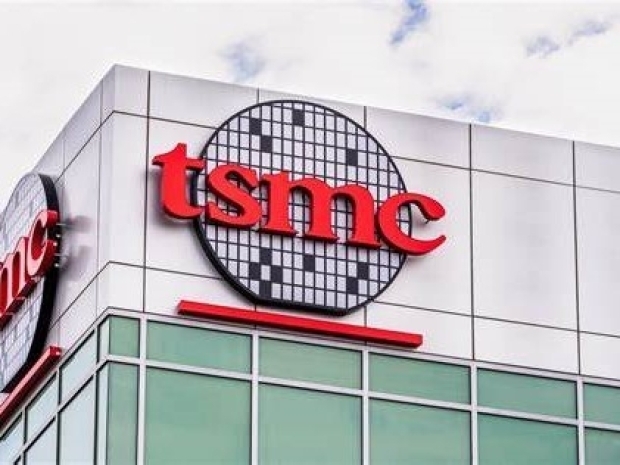The company's third-quarter earnings surpassed what the cocaine nose jobs of Wall Street predicted and its own guidance, rising 36.5 per cent year-over-year.
For the quarter ending September 30, TSMC posted revenues of €23.5 billion. The company will release its full third-quarter earnings report on October 19.
Bloomberg reported that TSMC's performance has alleviated concerns about a potential slowdown in the demand for artificial intelligence (AI) hardware, which has been a significant driver of the global semiconductor market in recent years.
The company’s success underscores the ongoing demand for advanced chips essential to powering AI applications, cloud computing, and other high-performance technologies. Currently, TSMC derives more than half of its revenue from the high-performance computing (HPC) segment.
Since 2020, TSMC’s sales have more than doubled as demand for high-performance chips surged alongside generative AI and machine learning technologies. A significant portion of TSMC’s growth is attributed to AI hardware, with Nvidia, the leading producer of AI chips, continuing to see high demand for its GPUs.
These components are crucial for training large AI models, which has experienced explosive growth since the launch of generative AI systems like OpenAI’s ChatGPT.
TSMC's continued expansion into the AI sphere is also reflected in its increasing investments in the US market.
The company’s Fab 21 facility in Arizona, which is still ramping up production, is part of TSMC’s broader strategy to localise chip manufacturing to serve its North American clients better.
AMD is set to become a significant client of the facility, with production of AMD's chips potentially starting as early as 2025.
Additionally, TSMC has continued to explore new areas of growth, including advanced packaging technologies such as chip-on-wafer-on-substrate (CoWoS). These advanced packaging solutions are critical for improving the performance and efficiency of AI processors.
While chips produced at the Arizona facility currently need to be shipped overseas for packaging, these solutions will eventually enable TSMC to complete the packaging process in the Arizona facility, thanks to a recent partnership with Amkor Technology.




